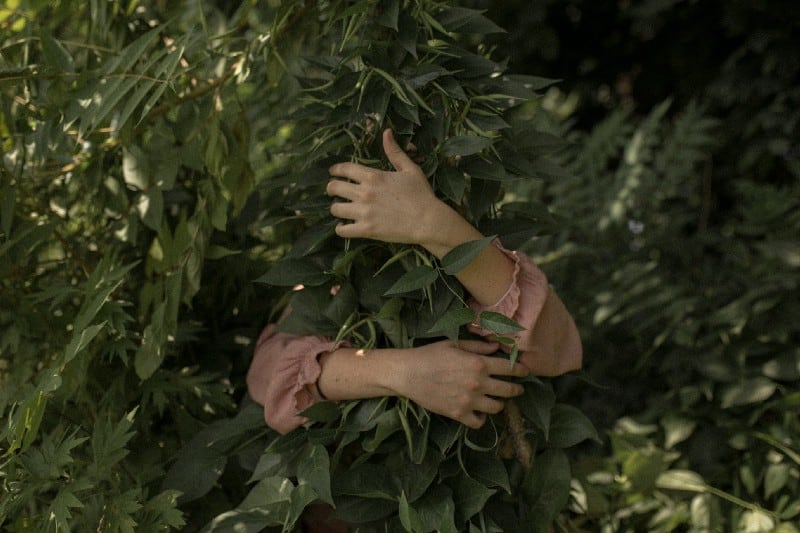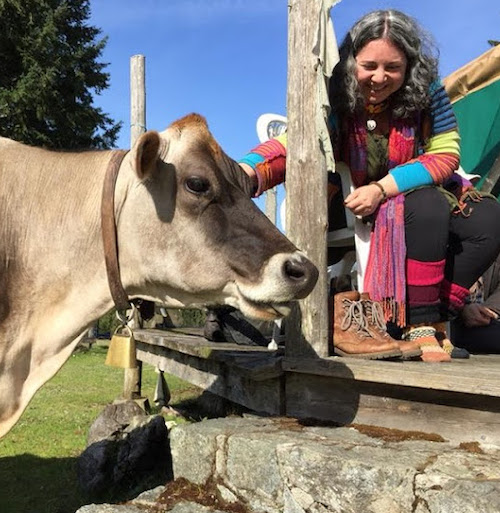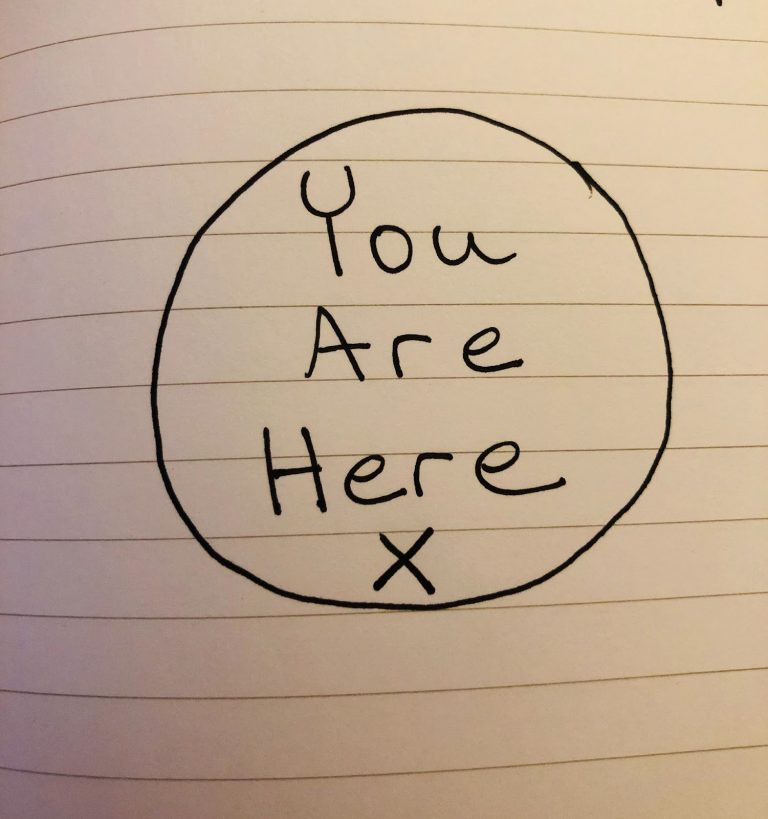If we don’t seriously address the individual, economic and social needs of the people, the ecological imperative will be always left behind.

So many times we ask ourselves: “How can we engage people?”, “Why do people seem not to care, not to be aware of the same things I see happening in the world?” or “How can we possible share a vision when what I see is each one for her own (own business, causes, interests, goals, etc.)?”
This excellent article by Khatarine Burke from the last issue of the WTR Deep Times Journal says it in simple but powerful words: we each speak from a different “frame” or story, that is our imperative: we may be coming from the personal imperative (focused on our personal or close circles needs), from our economic (focused on our financial needs and wants and those of the culture and/or community we live in), or we can choose/be empowered to embrace a bigger frame: speaking from the ecological (Earth-based) imperative, which includes the other two.
To be clear, nobody and no economy or system of any kind survives if the Earth systems (the ecology) are diminished to the point they can’t deliver what’s needed to support life. This means that no technology (no matter how advanced) and no amount of money (which is a human created, made-up system) will make us survive if the ecological systems collapse.
And they are doing exactly that: collapsing under the continuous pressure of “more”: digging for more resources and energy, pushing for more production, producing even more waste and toxicity, depleting even more the systems that support life, allowing for even more human beings to be born and more cattle and domestic animals or monocrops while less diversity and less of other species is allowed to flourish.
But not everyone understands, feels and is able to come from that imperative as a first (to be clear, we must think on any decision from an ecological imperative first, then from a social-economic one, then from a personal one, if we want not only to be sustainable and regenerative, but if we want to survive and thrive).
Why this happens?
One of the reasons is what the author shares in her article: if we are disconnected from natural systems at the emotional/spiritual/body levels and if we don’t have the basic information on how ecological systems work, we may be coming from any other frame/imperative due to ignorance and lack of connection. In these cases, reconnecting people with nature and her systems and educating them will certainly help them to see through other “lenses”. This is what permaculture, Nature-connection programs, ecopsychology, ecotherapy and similar approaches do, both at the philosophical/spiritual and the more hands-on/practical levels.
But there are other reasons, and those are the core of my concerns: there are real reasons why many speak from a personal imperative: when people’s lives and livelihoods completely depend on a complex system that is bigger than themselves, when they see (or there are, which is most cases) more challenges to change their frame than to keep it (for example, how many have the luxury of walking away from BAU/IGS (Business as Usual, Industry Growth Society) and staying safe, able to feed and protect themselves and their loved ones? How many can truly change their “worldview” and embrace the ecological imperative without risking not only being shunned, rejected or punished but risking their livelihoods and even, sometimes, their lives?
That is why as someone from the WTR program for facilitator said “we need all”. This is an “all hands on deck” situation we are in: this is not the moment to judge and leave out initiatives because they don’t seem “perfect” or systemic enough.
We need it all: we need more programs and approaches like permaculture, Nature-connection, the Work that reconnects, radical ecopsychology and its practical side: ecotherapy to be spread and become accessible to more and more individuals and communities around the world and not only to exclusive elites or the retiree-young and mostly middle-class who populate these movements…but we also need that those who can and have privilege (to access land, leave their mainstream lives and jobs behind, afford these courses, retreats and programs, etc.) use their privilege to facilitate the access to alternative ways to live and support themselves…
As Katharine wisely says in her article: “It is difficult to imagine that all of the change that is coming can be presented realistically or honestly or compassionately as an economic or personal plus.”
The reality is that there will be, and there currently are, challenges, suffering, loses and sacrifices. Anyone who comes with a story of win-win is deluded or has not been paying attention…or worse: is trying to mislead others and avoid the responsibility for what’s ahead.
This is why I’m participating in this first ever online women-led permaculture certificate, and why I’ve dedicated my time, energy and money to dig deeper into permaculture, ecopsychology and nature-connection while embedding social justice and eco-feminism with a twist of compassion. My practice is evolving as path-guide/awakener or path-finder doula, because I firmly believe that if we don’t seriously address the individual, economic and social needs of the people, the ecological imperative will be always left behind, seen as a “luxury” that only the rich and the privileged can “enjoy”, a thing for “hippies” and “Earth-lovers” and not the foundation of life that is.




